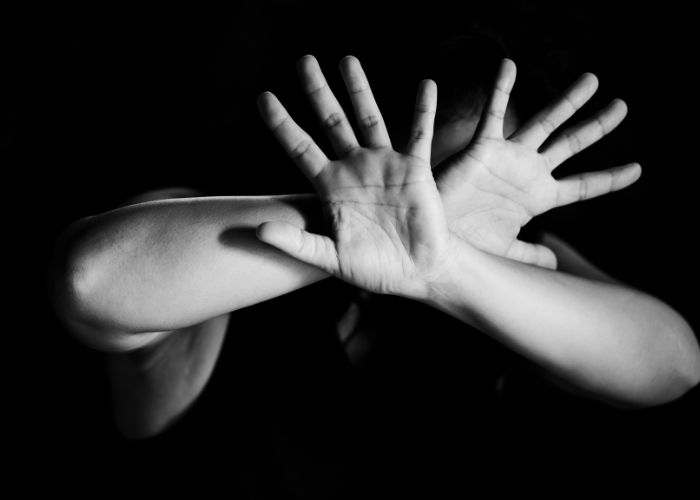This week, Justice approved the first sentence reduction for those convicted of sexual abuse after the introduction of the Sólo sí es sí law. This caused skewed faces and anger, since the law should protect victims better.
The law Sólo sí es sí (Only yes is yes) was introduced on October 7. Since then, however, the Spanish Supreme Court has received several appeals in cassation from lawyers of clients already convicted of sexual assault or rape. Earlier this week it was announced that Justice in Madrid has already granted two of these requests. Furthermore, as a result of which these convicts for sexual abuse have received a lower sentence than originally pronounced.
Is the new Sólo sí es sí law being abused?
The entry into force of the new law ensured that victims no longer have to prove sexual abuse took place. When there is no consent for sexual acts, it is automatically considered a sex offender. Still, the reduced minimum sentences do something the Equality Ministry says was never intended. Namely, lowering sentences for perpetrators of sexual offences.
La Manada Lawyer is also preparing an appeal in cassation
Consequently, this calls into question the effectiveness of the law. According to the executive branch, the law is intended to increase penalties against aggressors and to protect victims even better. After several verdicts of reduced sentences, even the lawyer of ‘La Manada’ is preparing a case that should ensure a reduced sentence.
The La Manada (the wolf pack) rape case took place in 2016 during the San Fermin celebrations of Pamplona. An 18-year-old female was gang raped. However, the men were cleared of sexual aggression but were found guilty of the lesser charge of sexual abuse. This twist in the case happened as the victim could not prove violence was used to control her. The 5 men were sentenced to 15 years imprisonment.
Spain’s Supreme Court will issue an explanation in a month’s time
The Ministry of Equality, which is largely responsible for the introduction of the law, has asked the Public Prosecution Service to explain the procedure and criteria that public prosecutors use during cases against a suspect of sexual abuse. This has been passed on to the Supreme Court, which has announced that it will provide an explanation within a month about the application of the Sólo sí es sí law and the adjustment of the sentences demanded.
Earlier this week, Prime Minister Sánchez said he wanted to await the response of the Supreme Court. “This body must ensure a unity of criteria and case law from the courts, case law must be created and from there we will see what steps we still need to take so that this law comes into its own,” said the Spanish Prime Minister.


